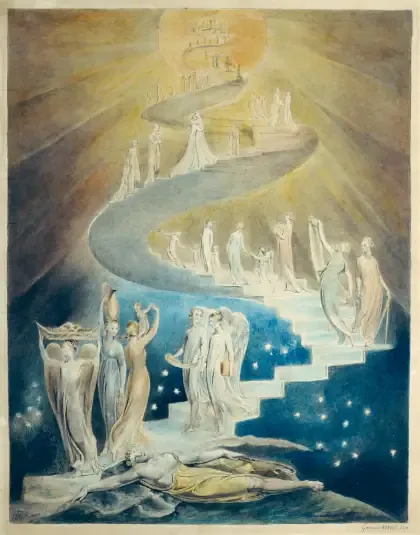It is Enough to be an Israelite, But Enough for What?, Part 4

It is Enough to be an Israelite, But Enough for What?, Part 4 - Our Rebuttal to a Sermon by Bertrand Comparet
We have now taken three of these presentations to both present and critique the entirety of Bertrand Comparet’s sermon, Is it Enough Merely to be an Israelite?, which is contrary to our own view of Scripture, and, at least in our own opinion, we have discredited all of his arguments and all of his witnesses as either being inaccurate or as being irrelevant to the subject of eternal life. As we have seen, all of Comparet’s examples from Scripture concerned only temporal punishment or salvation, whereas he was errantly using them in a context which disputed the basis for eternal salvation.
But it is not sufficient merely to deconstruct what we believe are some of Bertrand Comparet’s errors, without offering support for our own position. So we also offered an allegory as we closed our arguments against him, that since he was a lawyer and we have cross-examined all of his witnesses, now we would present our own case. As we proceed, we shall also provide proof texts which inform us that these are indeed two separate issues, that eternal salvation and temporal salvation are two different subjects. It would be a joy to have Comparet here to cross-examine our witnesses, but of course that is not possible.
So here we shall present our own point of view, and our own witnesses which inform us that it certainly is enough merely to be an Israelite in order to attain eternal salvation. But that alone does not mean that there will be any reward in that salvation, so in our rebuttal we added the question, But enough for what? We will discuss that here as well, even if the full implications are not revealed to us in Scripture. As the apostle John wrote in chapter 3 of his first epistle, “2 Beloved, now are we the sons of God, and it doth not yet appear what we shall be: but we know that, when he shall appear, we shall be like him; for we shall see him as he is.” In this area especially, we cannot claim to know anything more than what John had known.







 Please click here for our mailing list sign-up page.
Please click here for our mailing list sign-up page.








Recent comments